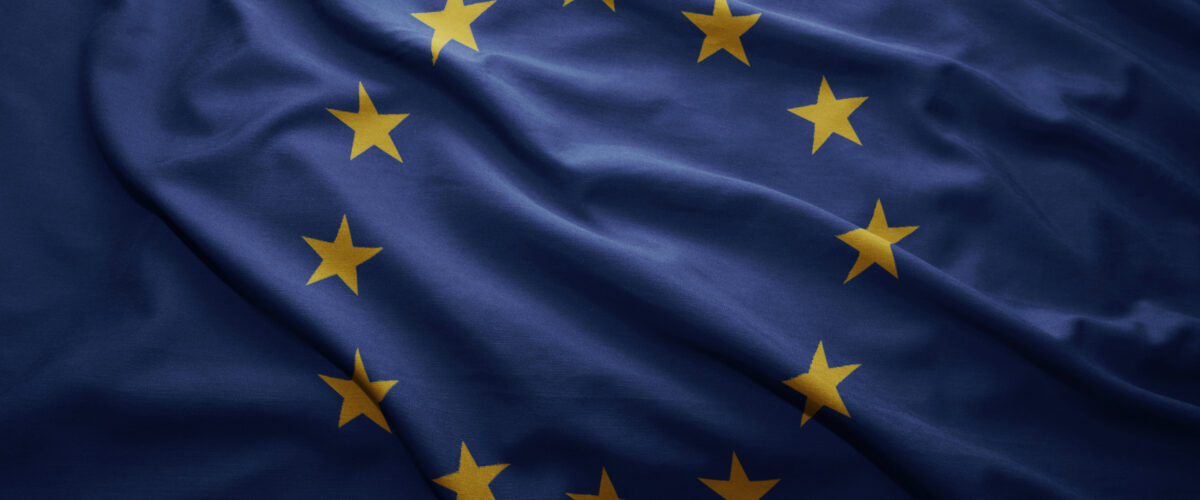Article | 23 May 2022
Single procedure for the granting of SPCs

The forthcoming implementation of the Unitary Patent System (see separate article) also has the potential to change the Supplementary Protection Certificate (SPC) system. The Unitary Patent System could enable the granting of unitary SPCs for unitary patents. However, such a change would require adjustments to the SPC system.
Intellectual property is a cornerstone of today’s economy, and of all the types of intellectual property, patents could be claimed to be the most powerful. Despite the strategic importance of patents and the EU’s objective of eliminating single market barriers, EU patent law is still very much fragmented. However, the imminent launch of the Unitary Patent Protection (UPP) and the Unified Patent Court (UPC) – collectively the Unitary Patent System (UPS) (see separate article) – in a number of EU Member States, will lead to a foundational change to harmonise the European patent system.
As long-coveted and well-worked as it may be, the Unitary Patent System does not cover the process for granting Supplementary Protection Certificates (SPCs) for medicinal products and plant protection products (PPP).
SPCs are intellectual property rights that extend patent protection for specific medicinal and plant protection products. Patent protection is valid for 20 years from the filing date of the patent application. In the case of patents for medicinal products and plant protection products (PPPs), the term of protection can be extended by up to five years. The relevant EU legislation is Regulation (EC) No 469/2009 and Regulation (EC) No 1610/96 on SPCs covering medicinal products and PPPs respectively.
The purpose of an SPC is to compensate the patent rights holder for the time that passes between the patent’s filing date and the date the product is authorized for sale in an EEA country, which in theory is the first day that the patent rights holder can receive a return on its investment. The SPC is therefore an important intellectual property right for pharmaceutical companies.
In the EU, patents are as of today available at two levels: national patents granted in each Member State and enforced before national courts, and European patents granted by the European Patent Office (EPO) validated in desired Member States and enforced before national courts. With the launch of the UPS, a third level will be introduced, according to which patents with unitary effect will be granted by the EPO across 24 EU Member States. With the introduction of the UPC, both European patents and unitary patents and their respective SPCs will be enforced before the UPC.
However, SPCs are granted and administered nationally, regardless of whether they supplement national, European or unitary patents. SPC applications are currently filed at the national patent office of each EU Member State where protection is sought and in which a basic patent, to be extended, has been granted.
The national character of an SPC brings with it a few significant problems. First of all, it is not uncommon for an identical application for an SPC to be granted by one Member State but refused by others. Such inconsistency in protection leads to legal uncertainty, especially for manufacturers of generics. These companies may face difficulties in assessing whether a competing drug is still protected by an SPC or not in the different Member States.
Secondly, under current SPC legislation, future unitary patents would only be extended by national SPCs. As a result, unitary protection would not be available over the whole protection period of the medicinal product or PPP.
Lastly, multiple national SPCs create high registration and maintenance costs for SPC users, as well as a heavy administrative burden. The SPC evaluation of 2020[1] estimates that the cost in terms of administrative fees is EUR 137,610 for SPC protection in all 27 Member States. These costs can be significantly increased by patent attorney fees.
In connection with the implementation of the UPS, the European Commission is now developing a proposal covering SPCs, with the objectives of increasing legal certainty and transparency, and reducing fragmentation and transaction costs.
The availability of the unitary patent could also pave the way to a desirable improvement of the SPC system by creating unitary SPCs based on unitary patents. Should unitary SPCs be based on EU-wide market authorisations by EMA and be administered by a central authority, they would enjoy the same benefits as the unitary patent, including being equally qualified with regard to scope, ownership etc. across the entire UPS jurisdiction.
Should the European Commission open up for the introduction of unitary SPCs, several associated issues need to be resolved . One first issue is whether a unitary SPC should be the exclusive alternative for an SPC based on a unitary patent, or whether the applicant should have the option to apply alternatively for national SPCs under the same rules that apply for European patents today. In such a case, a unitary patent could qualify as the basic patent of either a unitary SPC or a (bundle of) national SPC(s), at the applicant’s choice.
It should also be noted that the UPS does not extend to all EU Member States. As classic European patents will also continue to be granted for Member States that are not part of the UPS, a dual system would need to be established to achieve the desired harmonisation and transparency, combining a unitary SPC system for unitary patents and either a single and central grant mechanism or the current national grant mechanism for national SPCs based on classical European patents.
Other issues related to a unitary SPC are which authority should examine and grant SPC applications, how to deal with appeals to decisions regarding the grant of SPCs and whether the process should be English-only or multilingual.
The development by the European Commission of a proposal covering SPCs would seem to reflect a Commission desire to extend the EU unitary patent package to SPC registration. The outline of the issues at hand suggests that a centralised procedure for granting SPCs for both classic European patents and unitary patents can become a reality. As yet, there is no indication regarding which body might be used for any centralised SPC application procedure, but the EPO could be an option.
We believe that a unitary SPC for unitary patents could be a good solution to the issue of SPC protection for this new unitary right. We also believe that a centralised and harmonised application procedure is likely to be welcomed by the industry.
[1] Evaluation of EU Regulations 469/2009 and 1610/96 on supplementary protection certificates for medicinal and plant protection products
Contact:


